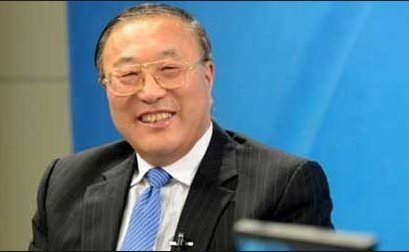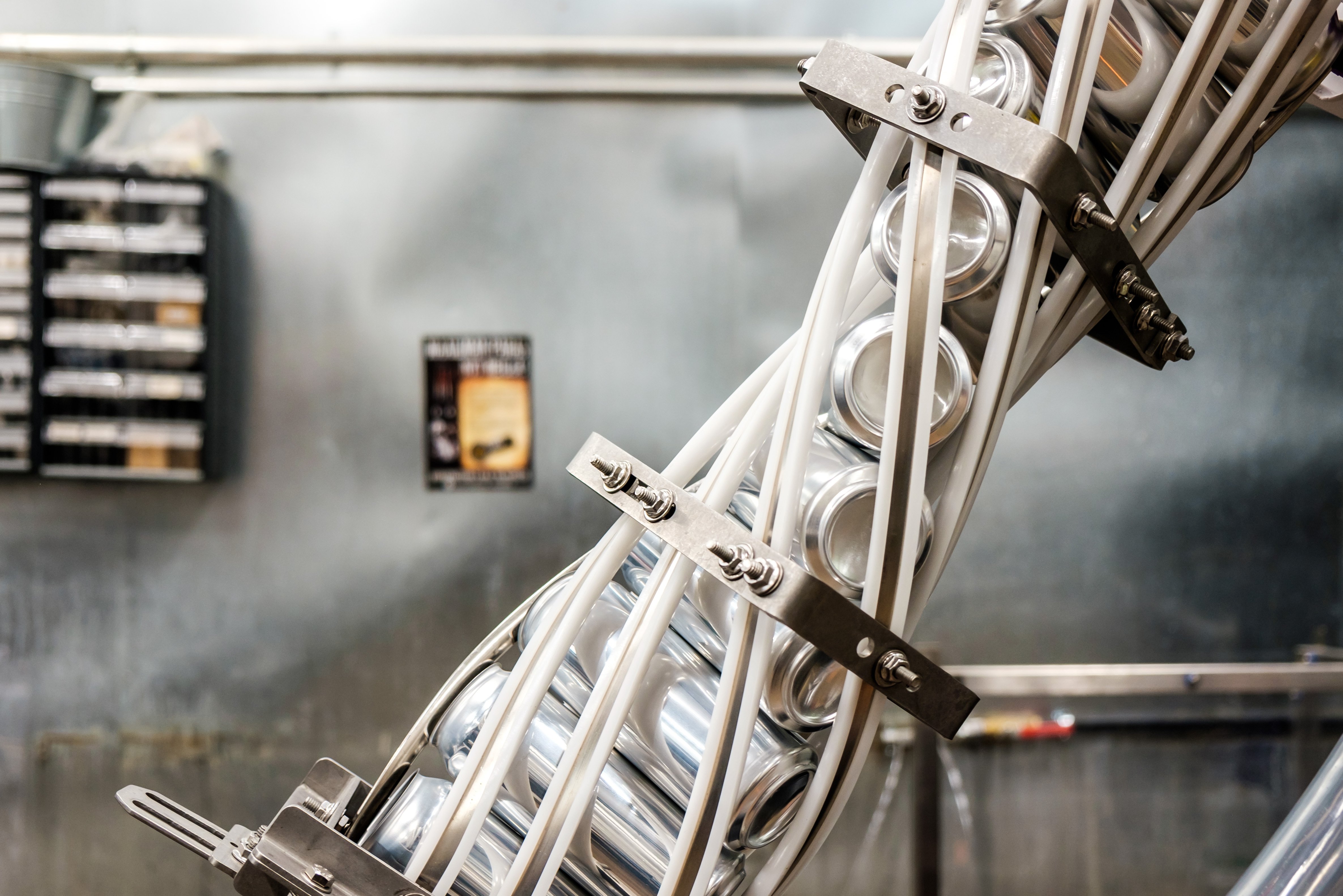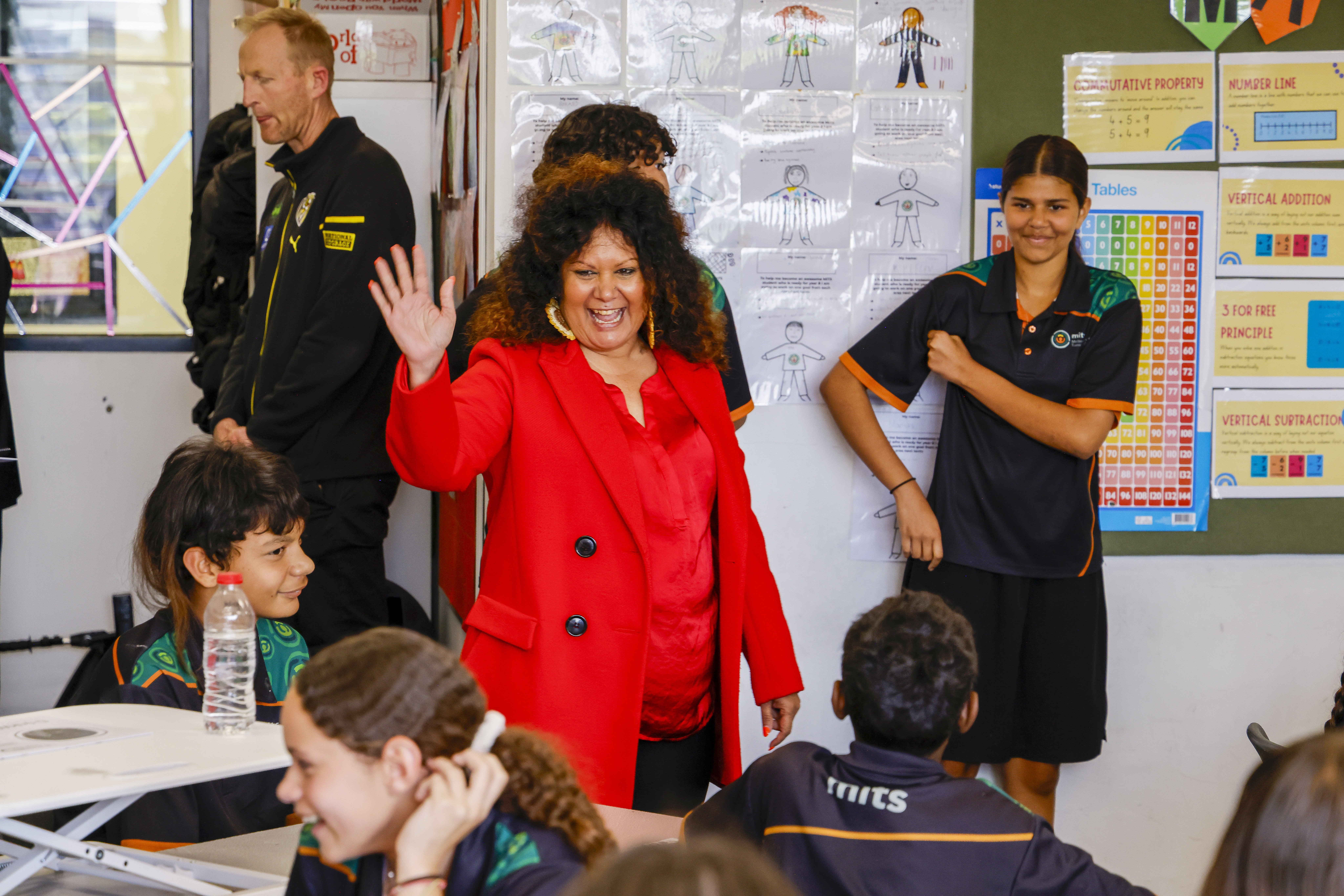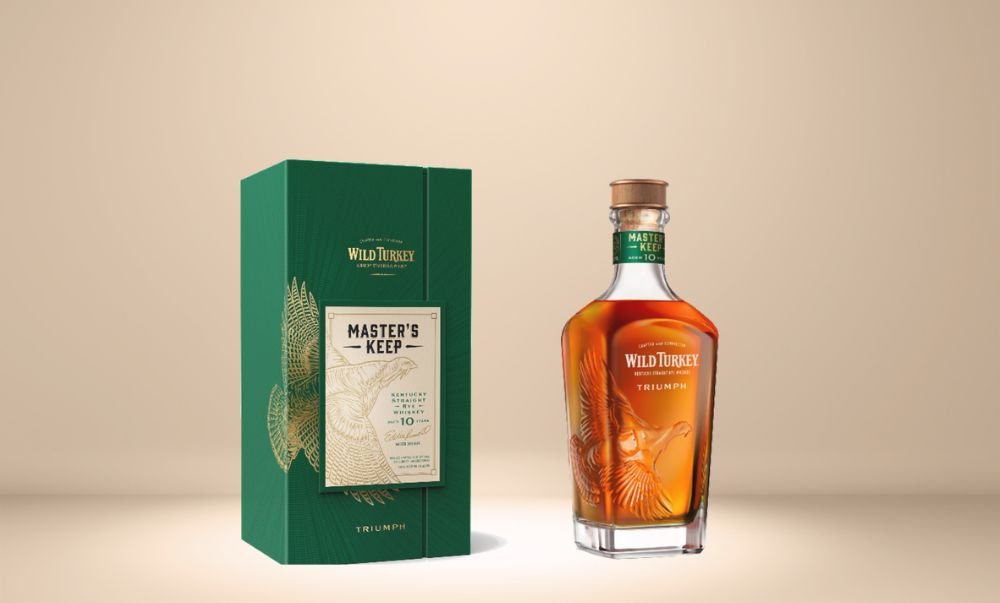A leading Chinese diplomat says his country is preparing to step up and lead the global economy if the United States stumbles under its new President's leadership.
Zhang Jun (right), head of the Chinese foreign ministry’s office of international economic affairs, has told foreign reporters in Beijing: "If it’s necessary for China to play the role of leader, then China must take on this responsibility,
“If people want to say China has taken a position of leadership, it’s not because China suddenly thrust itself forward as a leader. It’s because the original front-runners suddenly fell back and pushed China to the front."
And the first item on the agenda is free trade.
China is pushing for a new free-trade agreement in the Asia-Pacific region following Donald Trump ditching the 12-nation Trans-Pacific Partnership (TPP).
Chinese President Xi Jinping told the the World Economic Forum last week that trade protectionism is “locking oneself in a dark room.”
In stark contrast, Trump believes the US must protect its borders “from the ravages of other countries making our products, stealing our companies and destroying our jobs.”
He has threatened to enforce steep tariffs on Chinese goods to protect American workers.
Australian Trade Minister Steve Ciobo has conceded the TPP could possibly be expanded to include other member nations.
“The original architecture was to enable other countries to join,” he said. “Certainly I know that Indonesia has expressed a possible interest. And there would be scope for China if we’re able to reformulate it to be a TPP 12 minus one for countries like Indonesia or China or indeed other countries to consider joining.”
However, as The Conversation noted last year: "If China had chosen to be part of the TPP, the negotiations would have been slow and perhaps would not have ended with an agreement because of the many sensitive issues involved.
"Some of the main stumbling blocks include state-owned enterprises, transparency, labour regulation, market-based competition and investor state disputes."
China prefers its 16-nation Regional Comprehensive Economic Partnership, which focusses on free trade rather than environmental and labour protections.
The Australian drinks industry is already enjoying benefits from the Australia-China Free Trade Agreement that came into effect in 2015.
Tariffs paid on Australian alcoholic beverages heading to China have been reducing in stages. The latest reductions on January 1 saw tariffs on wine reduced to 5.6%, while tariffs on spirits reduced to 4%. The tariffs will continue to reduce in stages until they hit 0% in 2019.
China became the biggest export market for Australian wine last year, at $474m, with the United States slipping to second place at $448m.
Share the content










